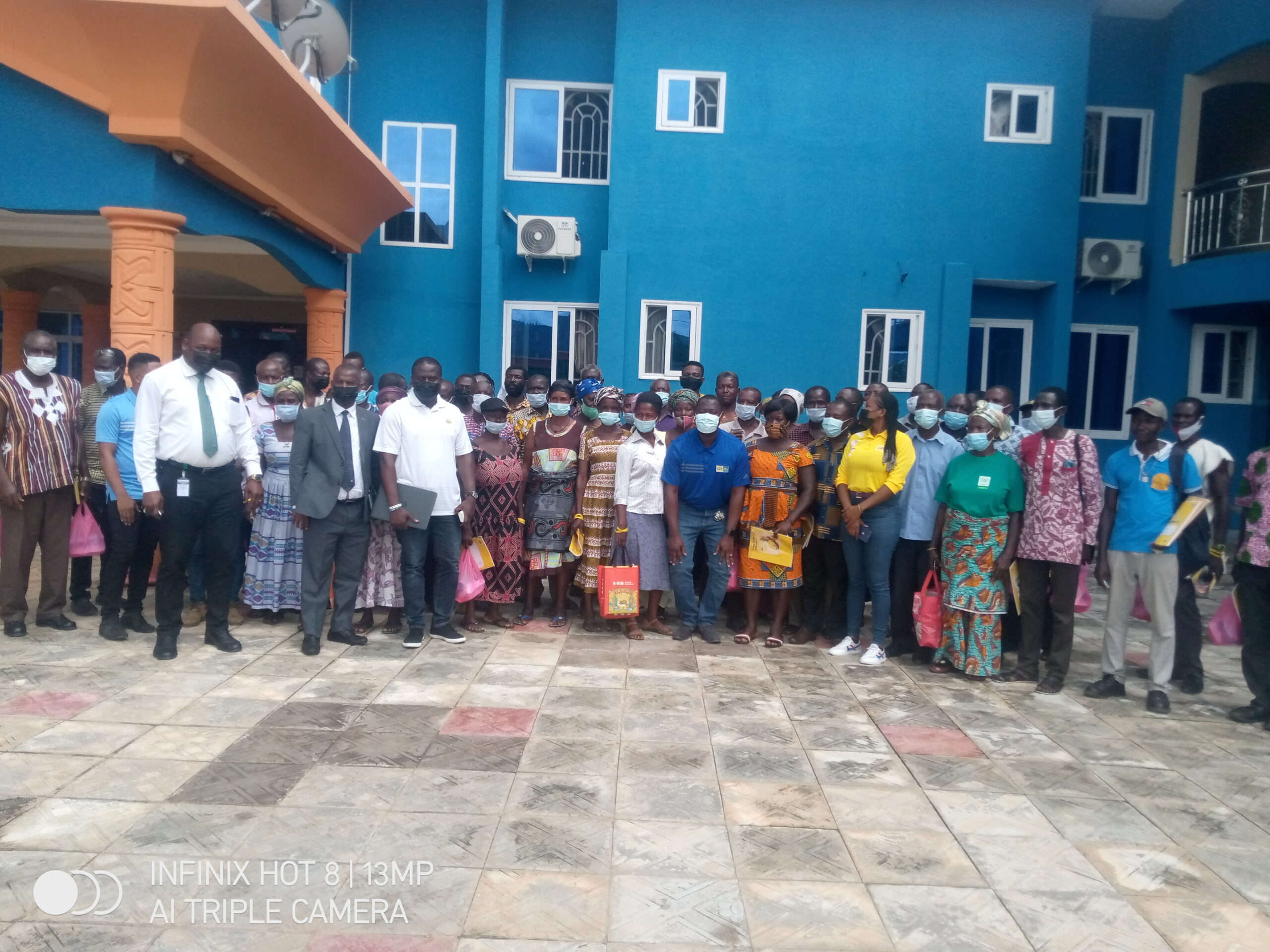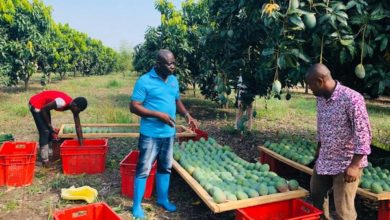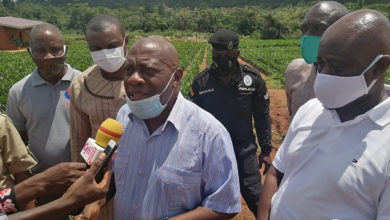Lack Of Market, Watermelon Farmers In Ada Cry Of Rotting produce
Watermelon farmers in Ada in the Greater Accra Region are crying bitterly following lack of ready market for their seasonal produce.
According to them, for the past one month, they have recorded very low or no sales causing their produce to rot, and making their living awful..
Interacting with Rite News, the farmers are more worried because they claim they went in for loans and it becomes difficult to repay the banks with the current returns.
Having contracted loans ranging from Ghs 2,000, to Ghs 5,000 from the local banks and its accumulated interest, they are likely to be imprisoned because nobody is buying the watermelon.
“We are totally disturb and do not know what to do” one farmer wailed.
The farmers are appealing to the Ministry of Food and Agriculture and the Ministry of trade and industry to as matter of urgency come to their aid because they (farmers) hold about 60 percent of Ghanaian population.
“Due to the unavailability of a facility to process the watermelons in the district, we encounter losses each year and it’s very worrying,” another farmer said.
“We loses our produce in the face of the bumper harvest which is costing the farmers huge sums of money invested into the business” same farmer lamented.
Watermelon, an essential seasonal fruit that adds to the nutritional basket of the country, is in season, but, again, farmers of the crop are losing out due to the lack of storage facilities and access to ready market.
Mr Augustin Dangmor, a farmer who spoke to Rite News said “large quantities of the juicy fruit rot away under trees along the major streets in the Dangme East district, where the crop is predominantly cultivated”.
Another way out for the farmers according to the Mr. Dangmor is to strengthen the value chain through the establishment of a factory under the government flagship program 1D-1F into fruit juice or other products.
This situation is just one example of the marketing challenges small-scale rural farmers face. They have little power in the markets and are often left to bear the brunt of all the risk.
Affected farmers in communities in the district where watermelons are produced in large quantities are forced to plough the rotten crop back into the soil to prepare the land for the cultivation of other crops.
Farmers complain that although the cultivation of the crop holds a great potential for farmers in the area to make good returns, post-harvest losses and lack of buyers have for years been the bane of watermelon farming in the area.
Source: Austin Ofori Addo/ritefmonline.org




